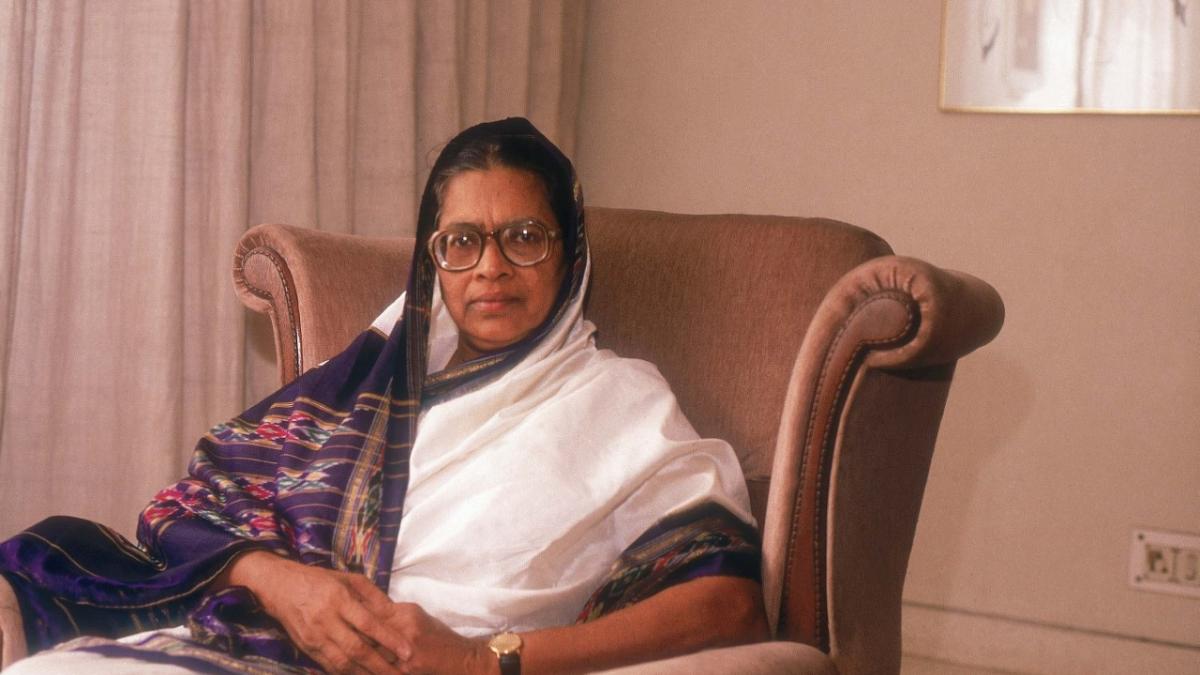Fatima Biwi, who had the distinction of being the first woman judge of the Supreme Court, has passed away. Fatima Biwi was 96 years old. He was born on 30 April 1927 in the present day Kerala state. She played an excellent innings as a judge of the Supreme Court, after which she was also made the Governor of Tamil Nadu. On 25 January 1997, he was made the Governor of Tamil Nadu.
The mercy petition of Rajiv Gandhi’s killers was rejected.
As Governor of Tamil Nadu, he took many major decisions, the most prominent of which was the rejection of mercy petitions filed by four convicts in the assassination case of former Prime Minister Rajiv Gandhi. Fathima Biwi completed her schooling from Catholic High School, Pathanamthitta in 1943. Later she went to Trivandrum for her higher education. After that he studied law from the Government Law College, Thiruvananthapuram.
Topped in Bar Council of India examination
When Fatima Beevi was studying law, there were only five female students in her class. Fatima Biwi obtained a law degree in 1950, after which she appeared for the Bar Council of India examination and became the first woman to top the examination. Fatima Beevi wanted to study science, but her father was greatly influenced by the country’s first woman judge, Anna Chandy, who became the first woman judge of the High Court. It was because of her father that Fatima Biwi studied law and registered her name in history.
Became a judge of the Supreme Court in 1989
Fathima Beevi started her career in the lower judiciary of Kerala in 1950. After eight years, he worked as a Munsif in Kerala Subordinate Judicial Services. After that she became Chief Judicial Magistrate, District and Sessions Judge. In 1983, Fathima Beevi became a judge of the Kerala High Court. In 1986, Fathima Beevi retired from the Kerala High Court and then in 1989 was appointed judge of the Supreme Court. Fatima Biwi had worked to open doors for women to make careers in the male-dominated judiciary.

